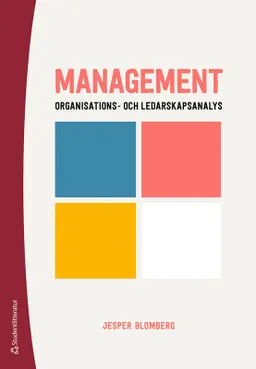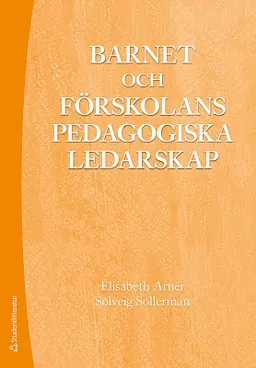![Cognitive Semantics: Meaning and CognitionVolym 55 av New series]Utgåva 55 av Pragmatics & beyond; Jens Allwood, Peter Gärdenfors; 1999](/images/format:webp/size:384:0/quality:100/asset/book-cover/cognitive-semantics-meaning-and-cognitionvolym-55-av-new-series-utgava-55-av-pragmatics-beyond-9789027250681)
![Cognitive Semantics: Meaning and CognitionVolym 55 av New series]Utgåva 55 av Pragmatics & beyond; Jens Allwood, Peter Gärdenfors; 1999](/images/format:webp/size:384:0/quality:100/asset/book-cover/cognitive-semantics-meaning-and-cognitionvolym-55-av-new-series-utgava-55-av-pragmatics-beyond-9789027250681)
Cognitive Semantics: Meaning and CognitionVolym 55 av New series]Utgåva 55 av Pragmatics & beyond
- Utgiven: 1999
- ISBN: 9789027250681
- Sidor: 201 st
- Förlag: John Benjamins Publishing
- Språk: Engelska
Om boken
Åtkomstkoder och digitalt tilläggsmaterial garanteras inte med begagnade böcker
Mer om Cognitive Semantics: Meaning and CognitionVolym 55 av New series]Utgåva 55 av Pragmatics & beyond (1999)
1999 släpptes boken Cognitive Semantics: Meaning and CognitionVolym 55 av New series]Utgåva 55 av Pragmatics & beyond skriven av Jens Allwood, Peter Gärdenfors. Den är skriven på engelska och består av 201 sidor. Förlaget bakom boken är John Benjamins Publishing.
Köp boken Cognitive Semantics: Meaning and CognitionVolym 55 av New series]Utgåva 55 av Pragmatics & beyond på Studentapan och spara pengar.
Referera till Cognitive Semantics: Meaning and CognitionVolym 55 av New series]Utgåva 55 av Pragmatics & beyond
Harvard
Oxford
APA
Vancouver



















